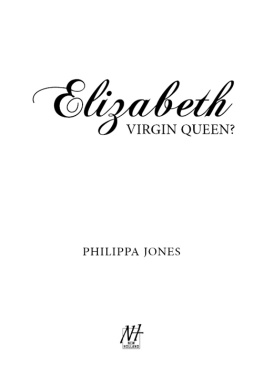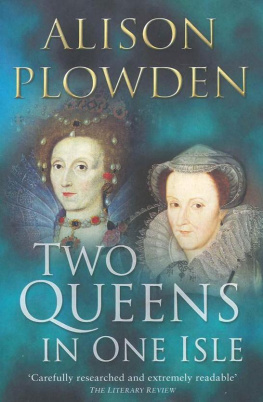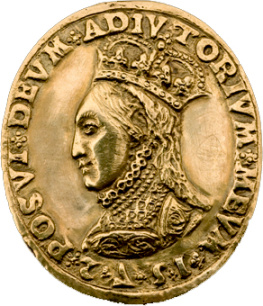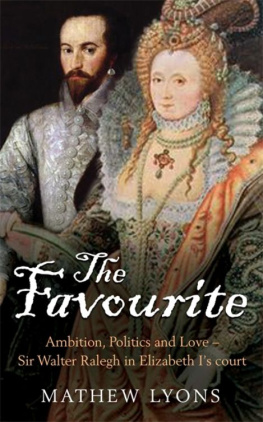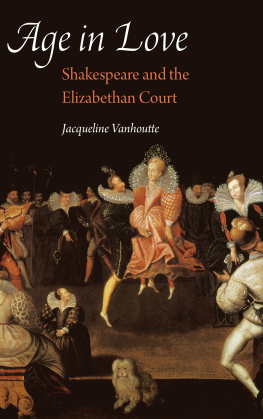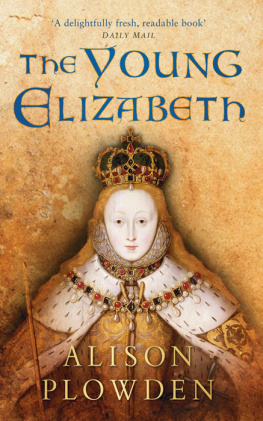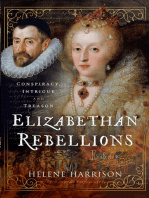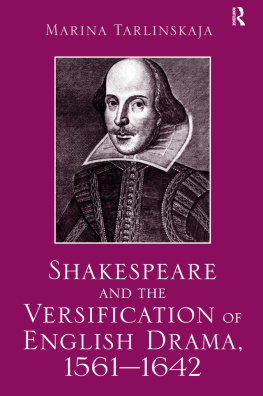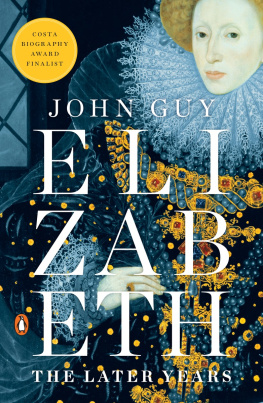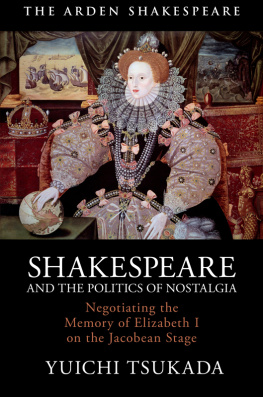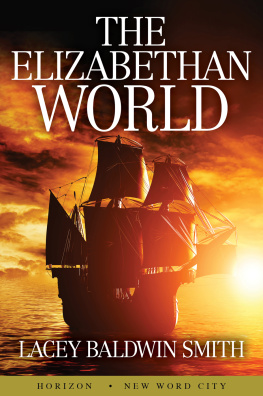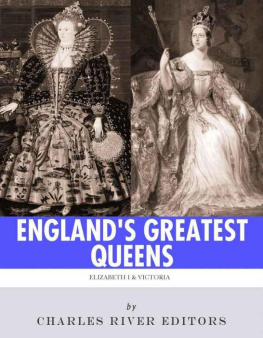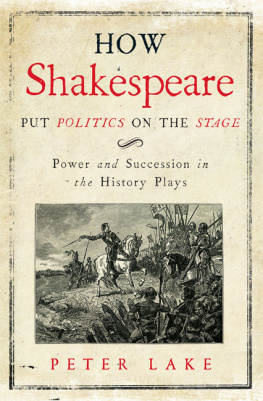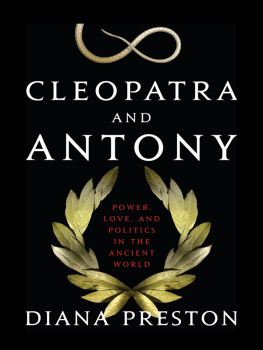Making Make-Believe Real
Making Make-Believe Real
Politics as Theater in Shakespeares Time
GARRY WILLS

Published with assistance from the foundation established in memory of Oliver Baty Cunningham of the Class of 1917, Yale College.
Copyright 2014 by Garry Wills.
All rights reserved.
This book may not be reproduced, in whole or in part, including illustrations, in any form (beyond that copying permitted by Sections 107 and 108 of the US Copyright Law and except by reviewers for the public press), without written permission from the publishers.
Yale University Press books may be purchased in quantity for educational, business, or promotional use. For information, please e-mail sales.press@yale.edu (US office) or sales@yaleup.co.uk (UK office).
Set in Bembo type by Integrated Publishing Solutions.
Printed in the United States of America.
Library of Congress Cataloging-in-Publication Data
Wills, Garry, 1934
Making make-believe real : politics as theater in Shakespeares time / Garry Wills.
pages cm
Includes bibliographical references and index.
ISBN 978-0-300-19753-2 (hardback)
1. English dramaEarly modern and Elizabethan, 15001600History and criticism. 2. English drama17th centuryHistory and criticism. 3. Politics and literatureEnglandHistory16th century. 4. Politics and literatureEnglandHistory17th century. 5. Power (Social sciences) in literature. 6. Politics in literature. I. Title.
PR658.P65W55 2014 |
822'.309358dc23 | 2013050493 |
A catalogue record for this book is available from the British Library.
This paper meets the requirements of ANSI/NISO Z39.48-1992
(Permanence of Paper).
10 9 8 7 6 5 4 3 2 1
To Lew and Susan
dear friends
Contents
Key to Brief Citations
C | E. K. Chambers, The Elizabethan Stage, 4 vols. (Oxford University Press, 1923) |
ODNB | Oxford Dictionary of National Biography, ed. H. C. G. Matthew and Brian Harrison (Oxford University Press, 2004) |
E | Elizabeth I: Collected Works, ed. Leah S. Marcus, Janel Mueller, and Mary Beth Rose (University of Chicago Press, 1964) |
FQ | Edmund Spenser, The Faerie Queene (Penguin Books, 1978) |
IC | Inns of Court, Records of Early English Drama, ed. Alan H. Nelson and John R. Elliott, Jr., 3 vols. (D. S. Brewer, 2010) |
SE | The Spenser Encyclopedia, ed. A. C. Hamilton et al. (University of Toronto Press, 1990) |
Note: The spelling and punctuation of quotations from Renaissance texts have been modernized for ease of reading.
Introduction: Living Onstage
Shakespeares Antony imagines his afterlife with Cleopatra as a theatrical triumph, in which the two of them steal the show from famous lovers who preceded them to Elysium:
Where souls do couch on flowers, well hand in hand,
And with our sprightly port make the ghosts gaze.
Dido and her Aeneas shall want troops
And all the haunt be ours. [4.14.5154]
This is an understandable expectation, since the two have been the observed of all observers in their lifetime, where the haunt was gaudily theirs. Antony had even commanded the world to weet [recognize] / We stand up peerless (1.1.3839). Everyone must not only advert to them but celebrate their eminence. And the whole world does. Janet Adelman, in her influential early book on the play, notes how a tripartite sequence recurs throughout it.
First, various people talk of the famous pair.
Then, the two come onstage to talk about each other.
And, when the two leave the scene, people talk of them some more.
Antony and Cleopatra might be diagnosed as having contracted a shared narcissism, except that everybody else shares that obsession.
They have made their whole lives a performance. And this is not just playing a role, in the sense of putting on a mask, or affecting something that they are not. Their role is their identity, their inmost self. Even when they are viewed as something other, this is just a way of reaching their reality. Antony is Hercules, or Bacchus. Cleopatra is Isis, or Venus, or Hecate. These comparisons are not alienating, but focusing. Adelman also notes that the plays primary rhetorical figure is hyperbole, which has the odd effect of exaggerating to reveal. What seems absurd on the face of it prompts a skepticism that peels back apparent nonsense to get to hidden meaning, the superlative becoming the positive. They become more Hercules and Isis as their claims are questioned. They grow toward their destiny.
Of course, Antony and Cleopatra are just characters speaking in a play, so their being theatrical is expected. But even within that fictional world of character creation, fixation on their own performance cannot be called a character disorder. They walk through endless halls of mirrors, their acts continually reflected back upon them from each other and from all the others in their world. And before we conclude that this is a pathology confined to this drama, we should note that other characters in plays of the time are similarly self-absorbed and self-projecting.
T. S. Eliot famously denounced Othello for egotistical self-involvement. In his last speech, the Moor has ceased to think about Desdemona, and is thinking about himself... dramatizing himself. Eliot admits this is a trait that shows up in other playwrights charactershe cites those of George Chapman and John Marston. But he thinks Othello goes beyond other dramatic narcissists. How could he leave out Christopher Marlowe? Who was more enraptured by his own show than Tamburlaine?
And with our sun-bright armor as we march
Well chase the stars from heaven, and dim their eyes
That stand and muse at our admired arms. [Tamburlaine the Great, Part 1, 2.3.2224]
For that matter, Marlowes Barabas is one long tour de force of acting, and his Edward II is so fond of shows that he becomes one himself.
Once we are on the lookout for characters who put themselves on a stage to delight in their own performance, throngs of them come crowding in on us. Shakespeares Richard III applauds his performance in deceiving Anne (Was ever woman in this manner won?). He delightedly mimics piety on the balcony. Richard II engulfs himself in the histrionics of self-pity. Marlowes Edward II and Shakespeares Richard II can, in fact, give each other lessons on how to milk tears from an audience. Prince Hal plans the coup de thtre of his calculated reformation and its intended effect on his audience:
And like bright metal on a sullen ground,
My reformation, glittring oer my fault,
Shall show more goodly, and attract more eyes,
Than that which hath no foil to set it off.
Ill so offend to make offense a skill,
Redeeming time when men think least I will. [1H4 1.2.1217]
A self-dramatizing trait is so common in plays of the time that we must suspect it is more than mere personal foible, in the character or the playwrightmore even than the convention of theatrical characters being theatrical. The best indicator of this is that the most grandiose self-presenters are men and women who seek or hold power. And power, after all, must always find a way to project its claims onto the people it would control.
Next page

